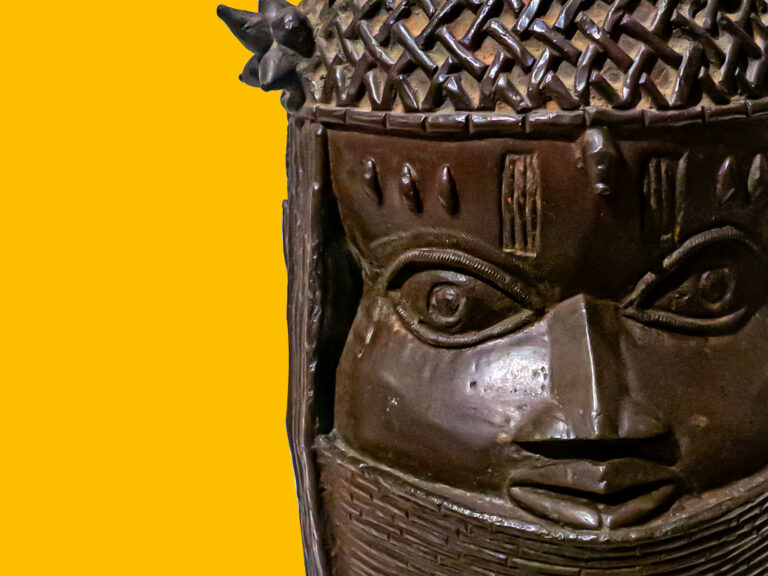Germany's president, Frank-Walter Steinmeier, issued a formal apology on Wednesday for the killings that occurred under colonial rule in Tanzania over a century ago. During his visit to Tanzania, President Steinmeier met with descendants of Chief Son...
| Thanks for reading the Postcolonial.
You have gone through 3 articles.
|
| A Fruit Membership will give you access to:
✔ Comment sections |
Already a member? Login below.














